We all understand and believe in the game-changing nature of artificial intelligence (AI) that has permeated every aspect of our personal, and professional lives. The advent of AI and intelligent automation is leading to a reallocation of tasks between humans and machines.
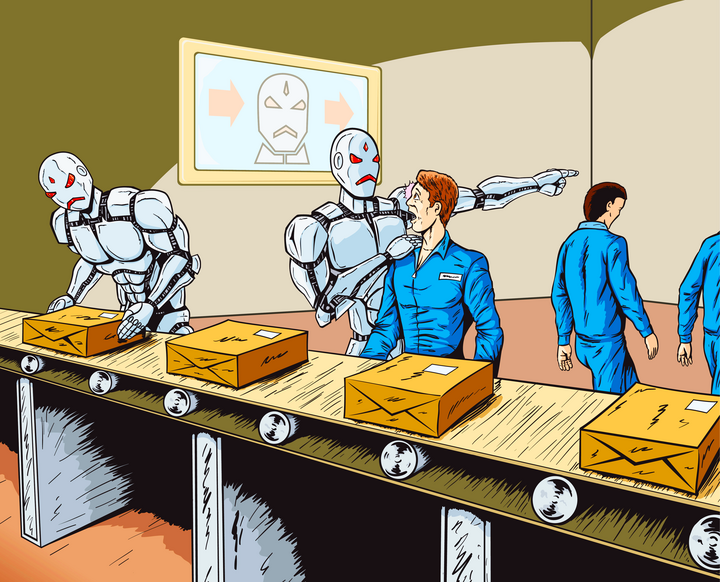
While it is true that artificial intelligence (AI) will take over some jobs, it cannot “take over the world ” as some media outlets have suggested. (Photo: Danomyte/ Shutterstock)
However, in addition to having a certain dominant influence, AI is also unlikely to replace jobs that require human skills such as judgment, creativity, physical and intellectual dexterity, emotions and thinking. Below are details of jobs that AI cannot replace:
Surgeons and health care professionals
Doctors, nurses, surgeons, physician assistants, and other healthcare professionals combine medical knowledge, clinical judgment, empathy, and a human touch, including sensitivity, to diagnose, examine, and treat patients. While AI technology can assist and enrich diagnostic and treatment recommendations, it cannot replace the human aspect of healthcare.
Lawyer
The legal profession, including roles such as barristers, judges and legal advisors, often involves complex decision-making, deep understanding of context and high levels of judgment, all of which are out of reach for AI.
Legal professionals typically interpret and apply the law based on the unique circumstances of each case, a task that requires intellectual flexibility and a deep understanding of society and interactions. While AI can help automate routine tasks like summarizing legal documents, it struggles to interpret the nuanced details of the law, especially in complex cases.
Furthermore, the practice of law is fundamentally a human endeavor, relying heavily on communication skills and emotional intelligence. Lawyers must be able to understand the emotions and perspectives of the parties, build relationships, and persuade others, including judges and juries. These essential soft skills are areas where AI is severely lacking.
In addition, ethical considerations also need to be addressed. The use of AI in legal decision-making can raise serious ethical and fairness concerns. Issues of bias in AI, transparency in decision-making, and accountability for AI-generated decisions are difficult challenges.
CEO, leadership positions
Leadership requires a broad, fast-paced vision that AI doesn’t have. In fact, factors like strategic thinking, decision-making, the ability to motivate, inspire, and build teams are core competencies that AI has a hard time achieving.
Scientific research and development
Scientific research has always involved exploring the unknown, curiosity, forming hypotheses, and the acumen for continuous experimentation, all of which rely on human creativity and insight. It is unlikely that an AI system will be able to do this on its own, now or in the future.
Therapist and Counselor
Providing emotional support, therapy, and counseling requires deep empathy, human connection, and an understanding of complex emotional nuances, so AI has no chance of replacing it in this type of profession.
Teaching and Education
While AI can provide information, support in education or training, teachers provide emotional support, the ability to adapt to individual learning styles, and valuable practical guidance that AI cannot provide. This is one of the jobs least likely to be replaced by AI.
Writer
In fact, the writer is the one who has to come up with ideas and produce original content, the exclusivity of the texts is unique, on the other hand, the writer needs to have a certain creativity and empathy. AI, machines can never do this, which means that no matter how much it develops, AI will hardly be able to replace the position of the writer.
Event organizer
In reality, event planners must coordinate and negotiate with others to get things done. Event planners require human creativity, and interpersonal skills to meet the unique needs of clients, and handle unforeseen situations. AI can assist with logistical tasks, but it lacks the emotional intelligence, intuition, and initiative needed to plan or execute a successful event.
Construction worker
In the near future, much of the work of designing buildings will be done with the help of AI software, but when it comes to construction, nailing and laying bricks, the construction industry still requires a lot of the muscle of traditional builders.
Plumber
Plumbers deal with a wide variety of plumbing problems, which requires problem-solving and adaptability. They must assess unique situations, taking into account the state of a home’s plumbing systems. AI lacks the human judgment needed for plumbing tasks.
Electrician
AI cannot completely replace electricians, as their work requires adapting to complex and unpredictable electrical systems, troubleshooting, and ensuring absolute safety.
Welders and metalworkers
These craftsmen work on projects with materials of varying thicknesses and shapes, which requires a high level of control and expertise. They must make real-time adjustments to material textures based on visual and tactile feedback, something that AI currently struggles with.
Welding and metal casting also require creativity and innovation in problem solving in complex, non-standard projects. It is worth mentioning that underwater welding is also one of the most dangerous jobs in the world.
Chef and culinary expert
Artificial intelligence can never replace culinary experts, due to their artistry, innovation, and heightened senses. After all, AI can help create and optimize recipes, but it cannot compare to or completely replace chefs and culinary experts.
Fireman
AI cannot replace first responders like firefighters, whose roles require quick physical reactions to complex, dangerous situations that can be life-threatening. Firefighting requires quick, timely, accurate decision-making and high levels of physical strength, which are things that artificial intelligence cannot provide.
Carpenter
Carpenters create custom woodwork structures, which requires creativity, ingenuity, and the ability to adapt quickly, but it's one job that AI won't be able to replace anytime soon.
HUYNH DUNG (Source: Unmudl/Yahoo News/Forbes/Sensoriumrc)
Source



![[Photo] Science and Technology Trade Union honors exemplary workers and excellent union officials](https://vphoto.vietnam.vn/thumb/1200x675/vietnam/resource/IMAGE/2025/9/17/842ff35bce69449290ec23b75727934e)

![[Photo] General Secretary To Lam chairs a working session with the Standing Committee of the Government Party Committee](https://vphoto.vietnam.vn/thumb/1200x675/vietnam/resource/IMAGE/2025/9/17/cf3d855fdc974fa9a45e80d380b0eb7c)






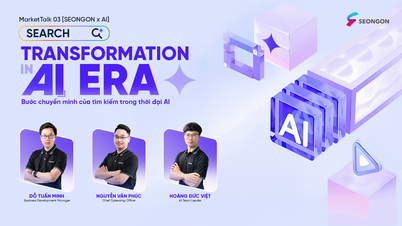




















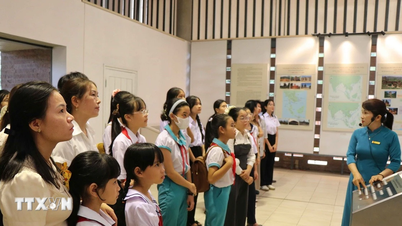







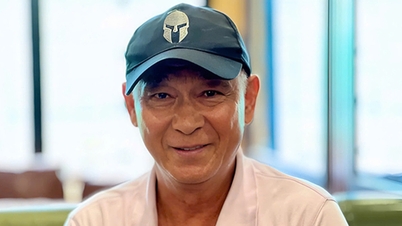


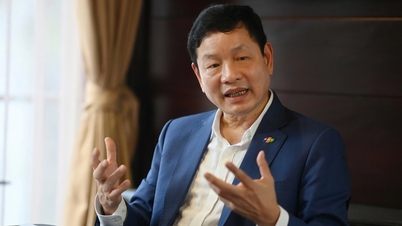











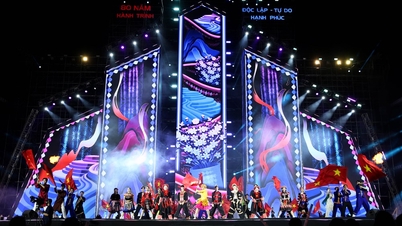





















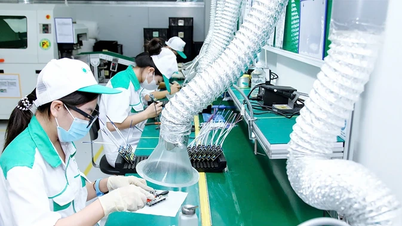




















Comment (0)